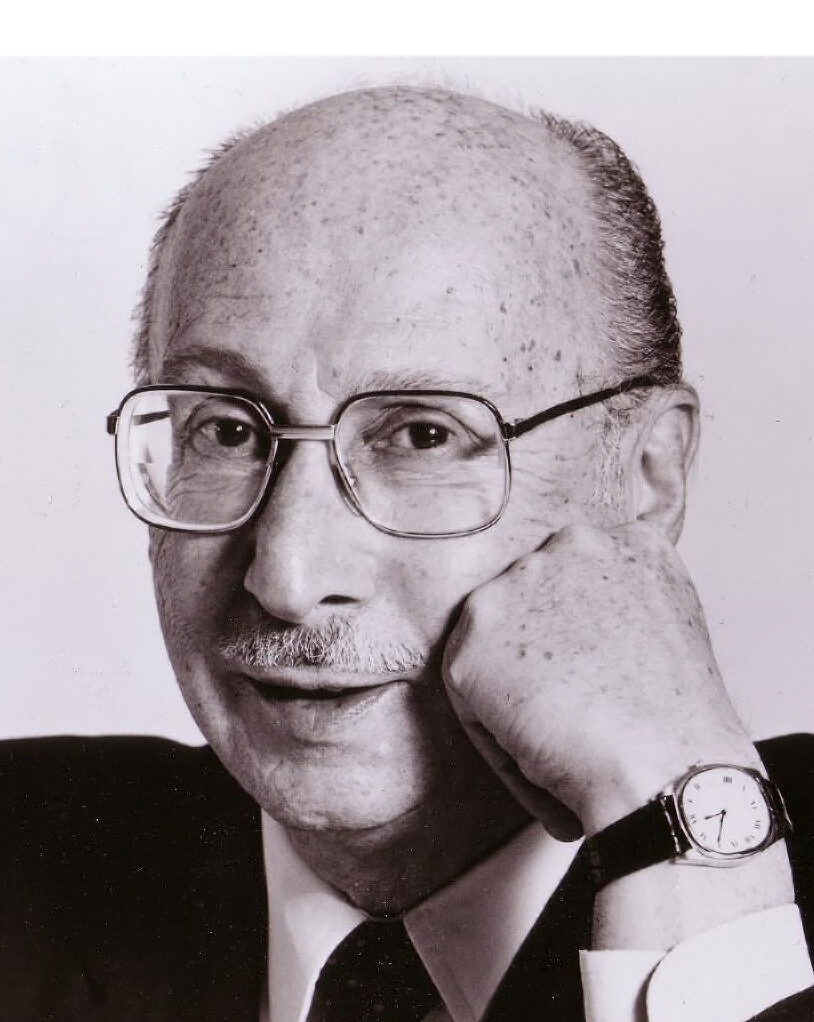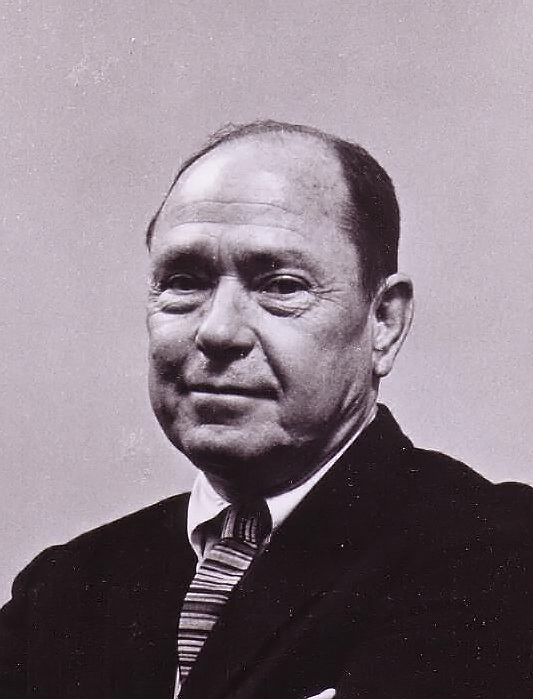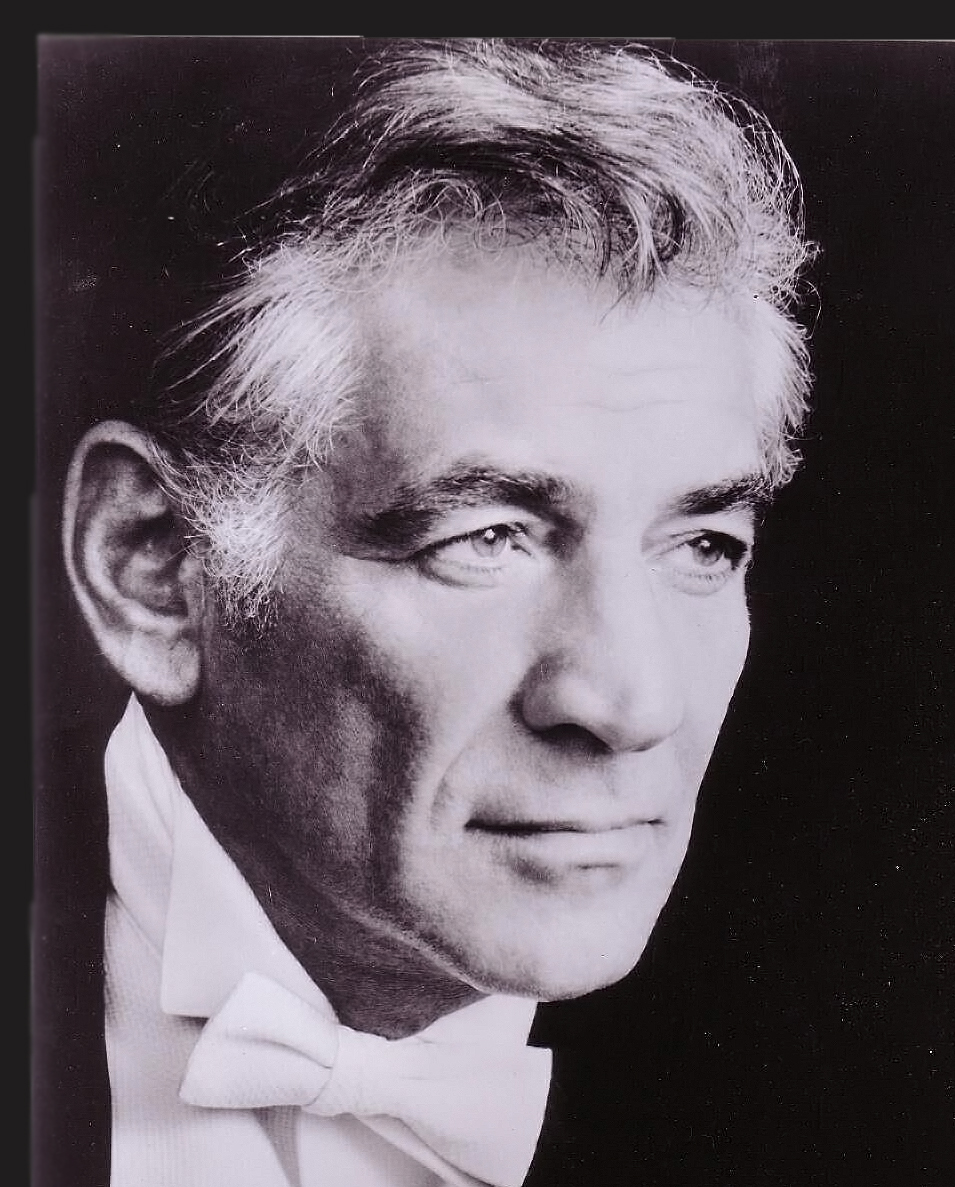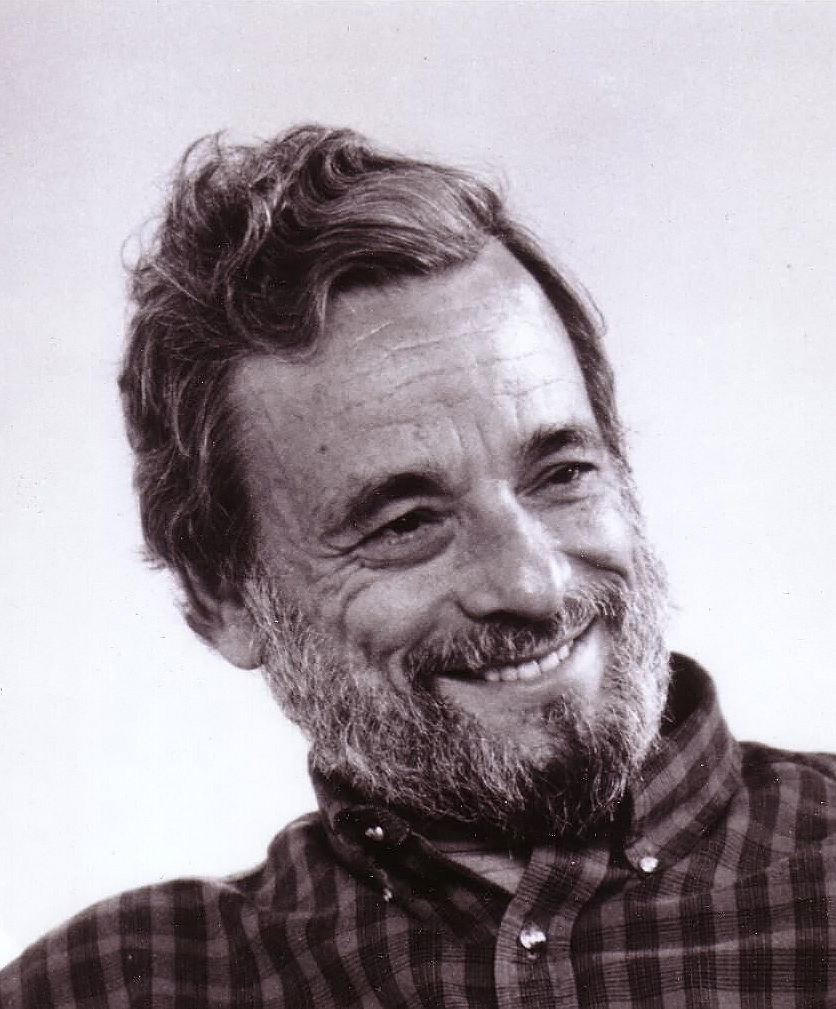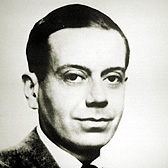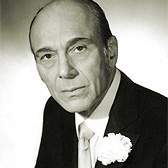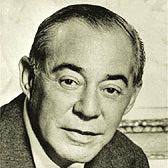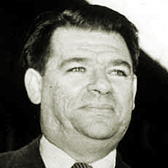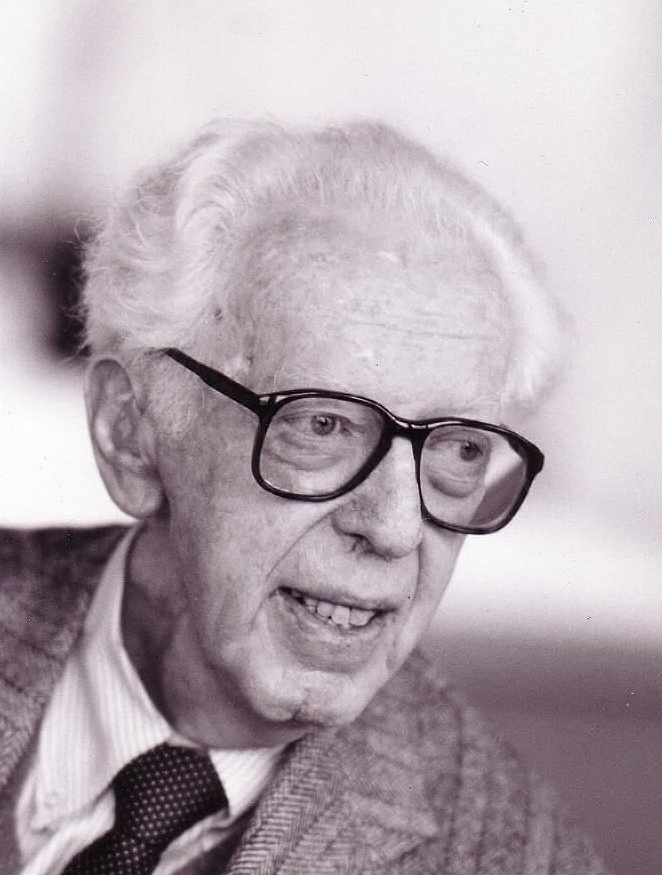
Top Hollywood composer, producer, and musical director
Saul Chaplin
InducteeKey Sammy Cahn collaborator
Saul Chaplin was born Saul Kaplin in Brooklyn, New York on February 19, 1912, and attended New York University's School of Commerce with the intention of becoming an accountant. A self-taught pianist, he earned money while in school by playing with local bands. One night in 1933 he was approached by another band member, Sammy Kahn, who suggested they try writing songs together.
They quickly discovered that they enjoyed working together, and soon they were writing as many as ten songs a day. The twosome made money for a time as writers of special material for entertainers at resorts in the Catskills and in 1934 they had their first published song, "Rhythm Is Our Business", which became a Number I hit for bandleader Jimmy Lunceford. In the process, they ceased to be Kahn and Kaplin, changing their names to Sammy Cahn and Saul Chaplin. They followed up on that first hit with a remarkable succession of hit songs during the next few years, including "Until The Real Thing Comes Along" (written with Mann Holiner, Alberta Nichols, and L.E. Freeman), "Shoe Shine Boy", "Dedicated To You" (with Hy Zaret), and "Please Be Kind ". When the then-unknown Andrews Sisters recorded Cahn and Chaplin's English version of "Bei Mir Bist Du Schoen" (adapted from a 1933 Yiddish theater song by Sholem Secunda and Jacob Jacobs) in 1937, they had one of the biggest hits of that era, firmly establishing the careers of Chaplin, Cahn, and the Andrews Sisters themselves.
In 1940, Chaplin and Cahn moved to Hollywood where they were songwriters for Columbia Pictures, writing material for low-budget film musicals. In 1942, Cahn ended the partnership with Chaplin, moving on to other songwriting partners. From this time, Chaplin, although be continued writing songs, focused more and more on scoring and arranging music for films. He was the assistant music director for Cover Girl (1944, directed by Charles Vidor and starring Rita Hayworth and Gene Kelly, with a score by Jerome Kern and Ira Gershwin), Tonight and Every Night (1945, directed by Victor Saville, starring Rita Hayworth), and The Jolson Story (1946), for which he wrote the lyric for "The Anniversary Song"(adapted from a waltz by J. Ivanovici.). He also toured with Frank Sinatra and Phil Silvers to entertain American GIs in Newfoundland, the Azores, North Africa, and Italy in 1945.
In 1949, he moved to MGM, where he was the vocal arranger (and uncredited co-musical director) of On the Town (directed by Stanley Donen and Gene Kelly, staffing Kelly, Frank Sinatra, Ann Miller, and others). He was co-musical director of Summer Stock (1950, starring Judy Garland and Gene Kelly) and of An American in Paris (1951, directed by Vincente Minelli, and starring Gene Kelly and Leslie Caron), for which he won his first Academy Award, sharing it with co-musical director Johnny Green. He then joined Jack Cummings' musical production unit at MGM, and was co-musical director of Kiss Me Kate (1953, with a score by Cole Porter), which resulted in an Academy Award nomination for Chaplin and co-music director Andre Previn. Hee was co-musical director with Adolph Deutsch of Seven Brides for Seven Brothers (1954, directed by Stanley Donen, with a score by Johnny Mercer and Gene DePaul), which won him his second Academy Award.
Cummings then loaned him out to Sol C. Siegal's production unit, where he was co-musical director of High Society (1956, with a Cole Porter score, and starring Bing Crosby, Frank Sinatra, and Grace Kelly) winning another Academy Award nomination for himself and co-musical director Johnny Green. He continued his association with Cole Porter as Associate Producer and music supervisor of Les Girls (1957, directed by George Cukor and starring Gene Kelly and Mitzi Gaynor). His final MGM film was 1958's Merry Andrew (directed by Michael Kidd and starring Danny Kaye), for which he also wrote the songs, working with Johnny Mercer.
Chaplin left MGM in 1959 and worked as a free-lance songwriter. In 1960, he was Associate Producer and Music Supervisor of another musical with a Cole Porter score, Can Can, which starred Frank Sinatra, Shirley MacLaine, Maurice Chevalier, and Louis Jourdari. Then he became Associate Producer of 1961's West Side Story (directed by Robert Wise and Jerome Robbins, with a score by Leonard Bernstein and Stephen Sondheim). West Side Story won Chaplin his third Academy Award, shared with Johnny Green, Sid Ramin, and Irwin Kostal. He signed on again with director Robert Wise to be Associate Producer of The Sound of Music (1965, starring Julie Andrews, and with a score by Richard Rodgers and Oscar Hammerstein II), and he was Producer of That's Entertainment, Part 2 (1976).
Saul Chaplin died in Los Angeles, California, on November 15, 1997.


